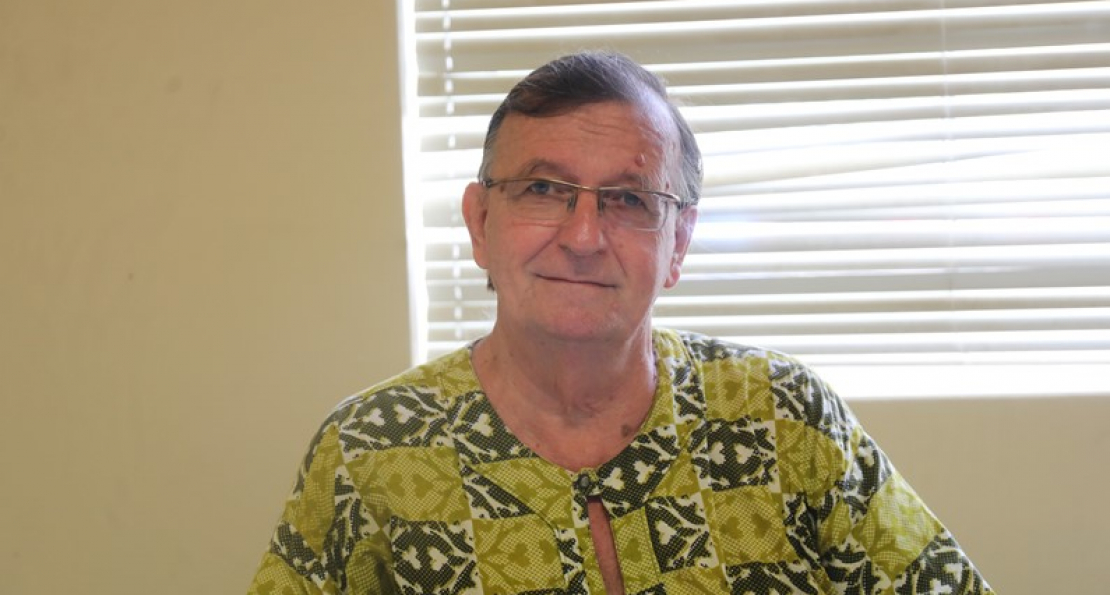Dr. Jean-Paul Cleron, the highly respected economist and Professor of System Dynamics who teaches IT and Business Analytics in the AUN Graduate School, offers analytical insight on the trending topic:
What is the actual value of the naira?
The naira is Nigeria's legal tender. One of its functions is to be a yardstick for value. By law, all buying and selling by anyone resident in Nigeria must be denominated in naira. Therefore, from our perspective, it is not the value of the naira that is relevant but the value of what we can buy or sell with our naira. If your concern is with the American dollar, your question should be: what is the actual value of the American dollar in Nigeria? Is it worth ₦415 or ₦570? The exchange rate is indeed a price and what we are discussing here is the naira price of the American dollar.
We buy American dollars with our naira because our economy needs to buy many products and services sold in American dollars. Experience has taught me to take the so-called economic laws with a pinch of salt. The law of supply and demand, however, may be an exception. Being a price, the exchange rate should obey it. A quantity of dollars is supplied, a quantity of dollars is demanded, suppliers seek the highest possible selling price, and buyers seek the lowest possible purchasing price. If an equilibrium price that satisfies both sellers and buyers is found, a market is created. It is a relatively straightforward process to include an important dynamic regulator that economists sometimes overlook: the stock or reserves of foreign exchange. It is both this stock and what monetary authorities at the macroeconomic level, or anybody at the microeconomic level, desire to drive price adjustment dynamics. An analysis of Nigeria's dollar exchange rate statistics over the past 20 years seems to confirm this mechanism.
Therefore, there should be a unique price for the dollar, indicating its actual value. However, in Nigeria, things do not seem to work like that. The dollar does not have one price and one market in Nigeria but two prices and two markets. And there exists a large gap between both prices. Logically such a situation could only be temporary as buyers of dollars would rush to the cheap source of dollars to sell them back where it is dearer and, in the process, make a handsome profit. By doing so, they would make cheap dollars scarcer and expensive dollars more abundant, and an equilibrium price would end up emerging anywhere between the extremes. Of course, dollar suppliers must be willing to keep offering cheap dollars, knowing very well that they can be sold at a much higher price somewhere else. Why on earth would they do that?
So an absence of market constraints and full information disclosure prevents a situation with double pricing to last. If it lasts and prices are posted, the market is constrained, and no equilibrium price can be found. It would be too long to develop and go into details, but it is important to note that much is at stake. Powerful interests may wish to constrain the process as equally powerful interests may wish it to be otherwise. Hopefully, a compromise may be reached, and the dollar price may settle anywhere between ₦415 and ₦570.
But there is an important lesson to remember. Nigeria has nothing to gain from a persistently weakening exchange rate. Exchange rate stability and, hopefully, strengthening, is a major requirement for an economy to make progress. It can only occur and last if the domestic supply of goods and services significantly grows and if the economy invests, diversifies, and exports. This is why much hope in Nigeria presently rests on the Dangote refinery. Today, the Nigerian economy remains a weak, one-crop venture in great need of economic growth and diversification to cater to a large and rapidly growing population. The only crop, oil and gas, generates 95% of our foreign exchange revenue, and it is structurally in short supply. Outside of oil and gas, Nigeria exports almost nothing. It is becoming very urgent for things to change.
SITC's Assistant Professor of System Dynamics, Jean-Paul Cleron, has substantial expertise in computer simulation modeling using system dynamics. Please use this link to read his complete profile Jean-Paul Celeron - American University of Nigeria (aun.edu.ng)


